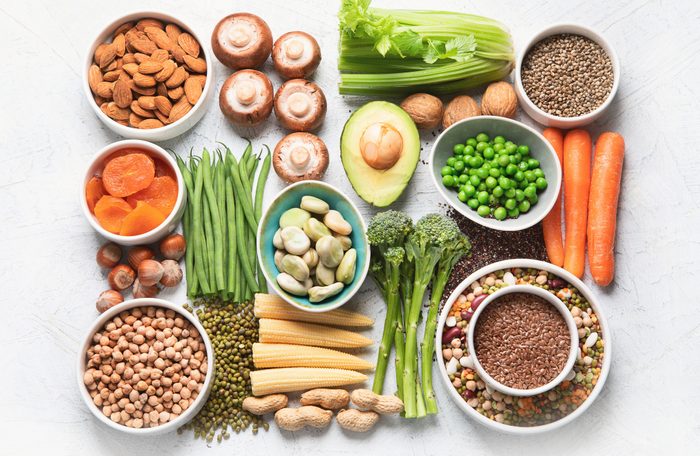
Boosting your nutrients
Even in the diets of registered dietitians such as myself, there is room for improvement when it comes to getting all the necessary nutrients our bodies need. Although your body will let you know if you’re running low on key nutrients, it’s better to be ahead of the curve and give it all the vitamins and minerals it needs. Here are tips from dietitians on how to squeeze more nutrients into your diet—especially ones you might be lacking.
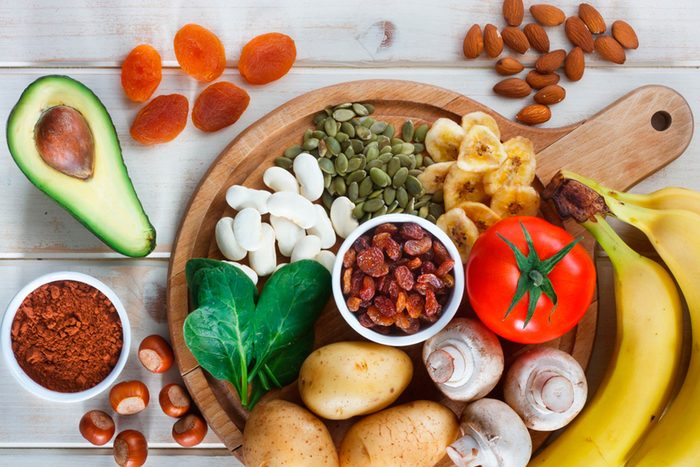
Potassium
The DASH Diet (Dietary Approaches to Stop Hypertension) uncovered a crucial link between increased potassium intake and improvement in blood pressure levels. Multiple fruits and vegetables supply potassium, most notably broccoli, tomatoes, sweet and white potatoes, citrus fruits, bananas, and dried fruits. (This is a great example of how a diet with a wide variety of foods is the best bet.) A potassium deficiency may affect your heart, kidneys, and muscle functions. Avoid high potassium supplements, however, especially if you take heart or kidney medications.
Essential fatty acids
“My nutrition shortfall is definitely omega-3 fatty acids. I worry that I am not getting enough because I don’t eat seafood. We all have foods that we don’t like and seafood is mine. I don’t take supplements. Because of this, I am constantly aware that my body may be lacking. I vary my cooking oils and use canola oil when I need a flavorless oil, I eat walnuts regularly and use them in foods like pesto (instead of pine nuts) and add them to breads, and I eat eggs that contain omega-3 fatty acids. I think that being aware of what is lacking in our diet is half the battle.” —Sarah Pflugradt, MS, RDN, LDN owner of salubriousrd.com.
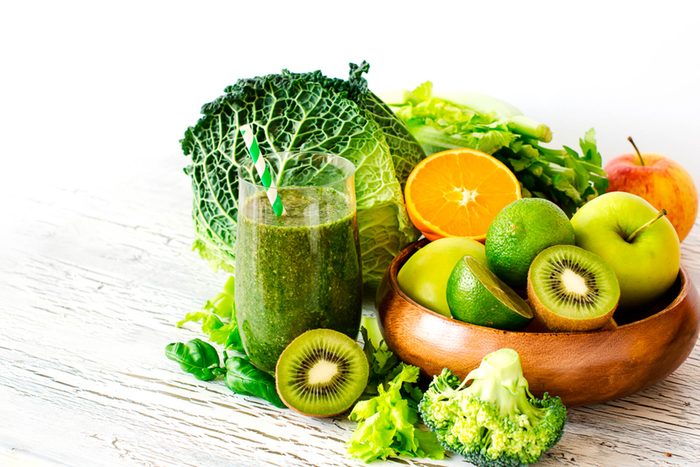
Vitamin C
Nope, it won’t free you from the common cold forever, but getting enough vitamin C does boost your immune system and provide antioxidants for preventing chronic diseases. The best food sources include bell peppers, oranges, kiwi, broccoli, strawberries, and Brussels sprouts. If these foods aren’t in your typical repertoire, consider supplementing with 75 mg vitamin C daily. Add an additional 35 mg per day if you’re a smoker.
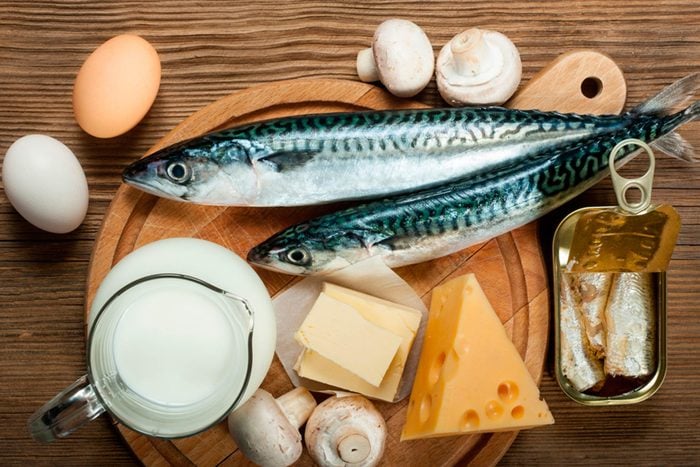
Vitamin D
“A few years ago, I got tested at my doctor’s office and it turned out that I had very low vitamin D levels. I wear sunscreen daily and work indoors so I knew that my access to vitamin D through sunlight was pretty limited. I started taking a vitamin D supplement daily and also try to include good sources of vitamin D in my diet every day, like eggs (keep the yolks for the vitamin D!), salmon or tuna, and cheese. My levels have improved, but I still need to be vigilant to keep them in the normal range.” —Andrea Goergen, MHS, RDN, LDN, owner of Cultivate Healthy in Washington, D.C.
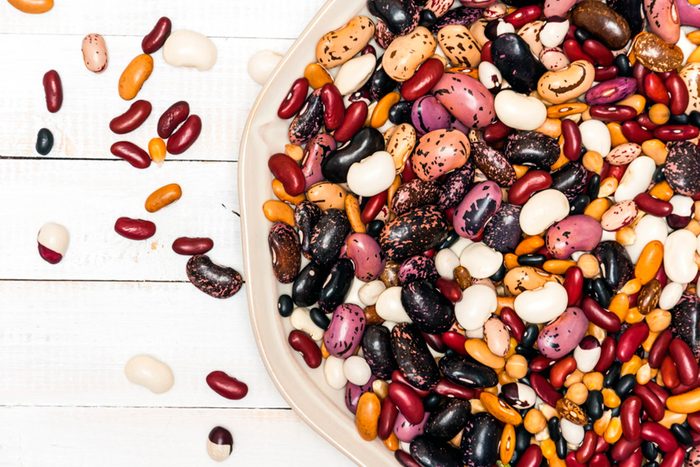
Iron
Vegetarians miss out on one of the richest sources of iron—beef. Thankfully, iron-fortified breads and cereals, as well as legumes—kidney beans, chickpeas, white beans, and lentils—are excellent sources for iron. Iron is essential for healthy blood, growth, and development. No surprise then that pregnant women need significantly more iron (27 mg per day) than non-pregnant women (18 mg per day). Dietitians who are pregnant can usually be found with iron supplements in their cupboard to enrich their diet.
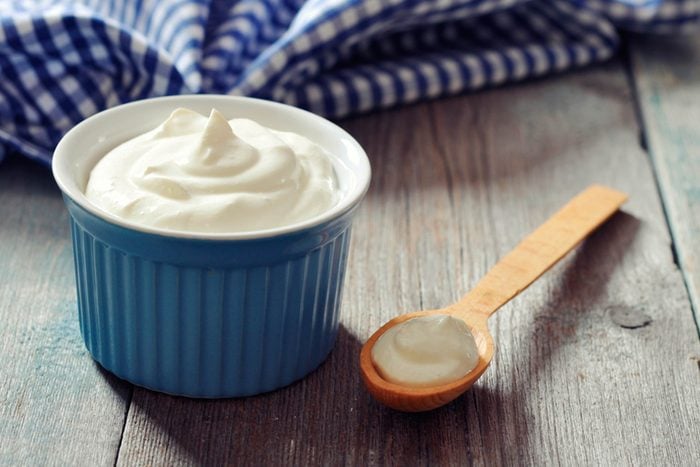
Calcium
This is my weakness: Because I’ve never liked milk or yogurt, and I limit my cheese intake due to genetically high cholesterol, calcium is the nutrient I struggle with. I rely on almond milk, tofu, kale, almonds, and sneaking Greek yogurt into recipes. Even so, I do not meet the recommended intake level of 1,000 mg per day. Calcium is essential for bone health, especially with my family history of osteoporosis. Supplements help me reach that goal every day.

Probiotics
Essential for healthy gut function, and potentially helpful for mood regulation and improvement of allergies, probiotics can be difficult to come by in a regular diet. Foods rich in probiotics include fermented foods such as kefir, tempeh, sauerkraut, and miso, or fortified yogurt. If these aren’t part of your routine, a supplement may be a good call.
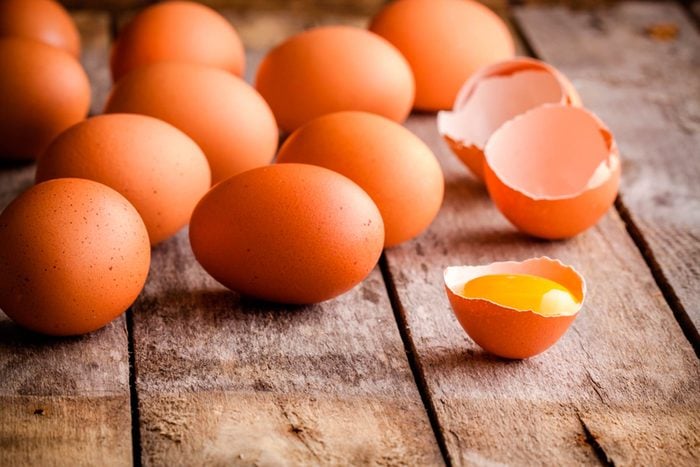
Choline
“This is a nutrient that most Americans (89 percent!) aren’t getting enough of, and it’s now pegged a nutrient of concern by the 2015 to 2020 Dietary Guidelines. The Dietary Reference Intake (DRI) is 550 mg. Because many of the great choline sources are things like beef, salmon, and chicken, it can be hard for vegetarians like me to get enough. So on days that I know I’m not eating enough vegetarian sources, I’ll take a supplement. Choline plays an important role in liver health, as well as the transport of fats throughout the body.”—Amy Gorin, MS, RD owner of Amy Gorin Nutrition in Jersey City, New Jersey.
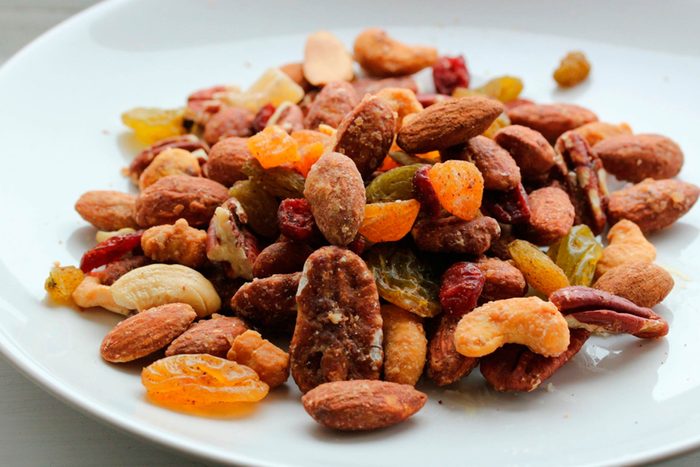
Vitamin E
Food allergies to certain nuts (sunflower seeds, peanuts, almonds, hazelnuts) or oils (corn, safflower, soy) can interfere with ability to consume enough vitamin E. With the DRI for adults of 15 mg, these allergies or very-low-fat diets affect adequate intake. Even dietitians admit to the investment of supplementing vitamin E. A powerful antioxidant, vitamin E may prevent chronic diseases and improve immune function.

Fiber
Essential for healthy gut function, but also shown to play a role in the prevention of cardiovascular disease and certain cancers, fiber is lacking in the typical American diet. The recommended dietary allowance (RDA) for adults is 25-38 grams per day. Without a strong presence of fruits, vegetables, and whole grains in your day, you will struggle to reach this goal. Sneaking fiber into breakfast smoothies with fresh berries or ground flaxseed or eating a high-fiber cereal first thing in the morning makes for a great start to the day.
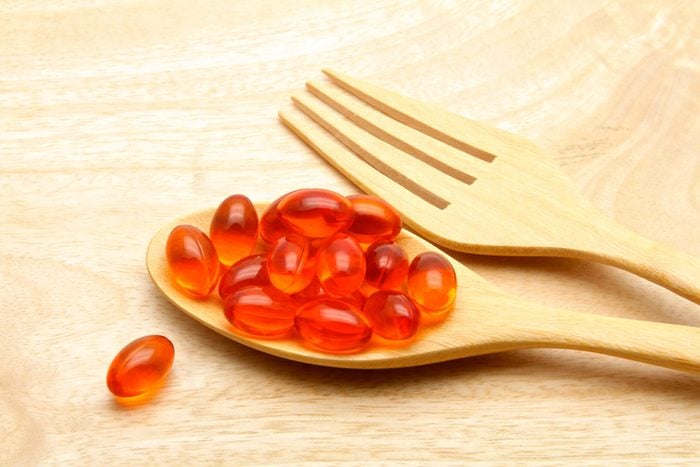
Vitamin B12
“Vitamin B12 is hard to get enough of as a vegetarian since many of the good sources are animal-based. While I aim to eat foods like eggs and dairy that contain vitamin B12, I often don’t get enough, so I do take a supplement daily. Vitamin B12 is important for important bodily functions like production of red blood cells and proper maintenance of the central nervous system.” —Gorin
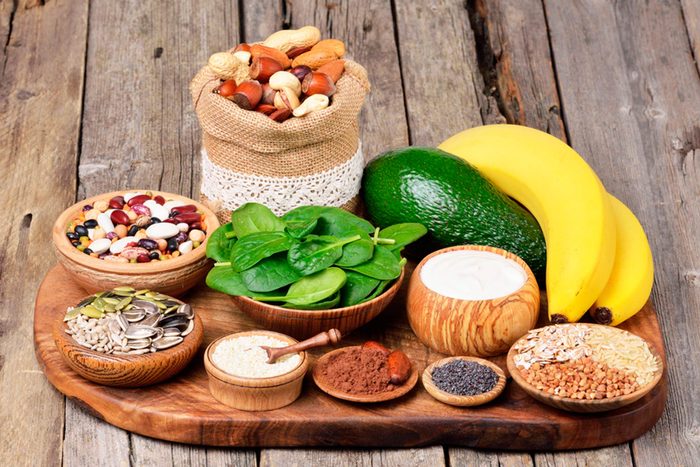
Magnesium
You may be surprised to learn that magnesium is essential in more than 300 metabolic functions. It’s hidden in a variety of foods, including almonds, spinach, cashews, shredded wheat, beans, and soy milk, so it’s certainly possible to eat enough through diet alone. However, if you’re one of those super picky eaters, you may not get enough. Most multi-vitamin/mineral supplements contain magnesium, so that can cover your shortfall.
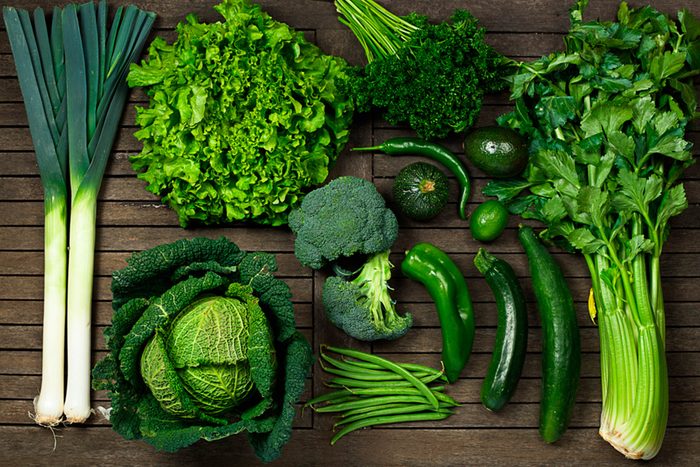
Vitamin K
“I fall short on vitamin K which works with vitamin D to strengthen bones. Those taking vitamin D need adequate vitamin K (among other things like calcium) to help build and preserve bone. Try to get as much as you can from food sources via dark leafy greens, beans, scallions, broccoli, Brussels sprouts, cabbage, and prunes (dried plums). Make sure not to take vitamin K supplements without speaking to your doctor as it can interfere with medications.” —Lauren Harris-Pincus, MS, RDN, owner of NutritionStarringYOU.com.

